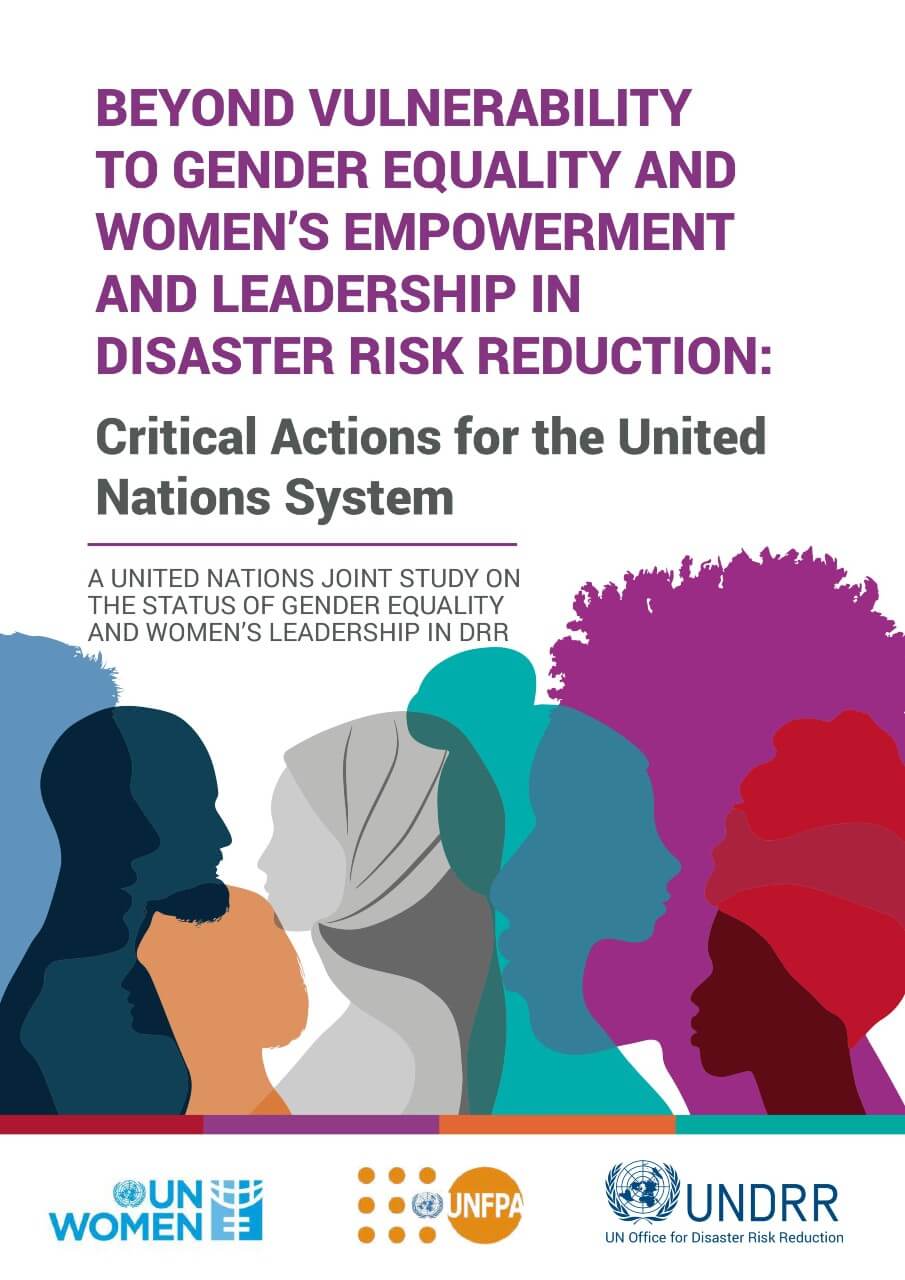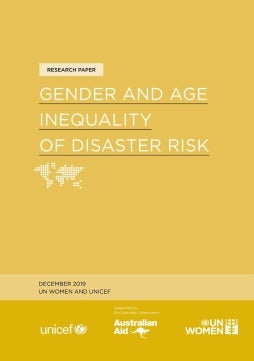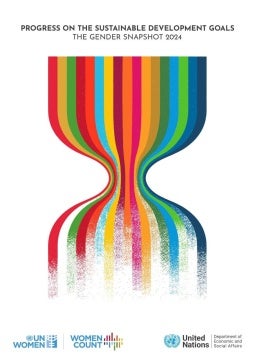Beyond vulnerability to gender equality and women’s empowerment and leadership in disaster risk reduction: Critical actions for the United Nations system
This report asks what needs to change in the approach of the United Nations system as a whole to make significant practical progress on gender equality in disaster risk reduction by 2030. It asks how the United Nations system, and each individual entity, can better support Member States to empower women and promote women’s leadership in disaster and climate risk governance to underpin risk-informed sustainable development that leaves no one behind.
The paper proposes that, in the absence of a deep level change, we as an international community may arrive at the year 2030 only to find ourselves making the same recommendations on gender and risk reduction as we made in 2015.
This report concludes that what the United Nations system now needs, in order to make real progress, is system-wide application of gender analysis and a human rights based approach. This would recognize the impacts of both direct and indirect sex discrimination, or structural inequality, as set out in the Convention on the Elimination of all Forms of Discrimination Against Women (CEDAW), and in the guidance provided by the CEDAW Committee in its General Recommendation No.37 concerning gender-related dimensions of disaster risk reduction in the context of climate change.










